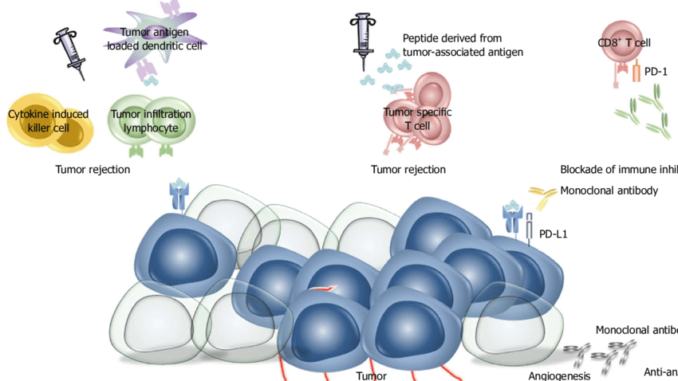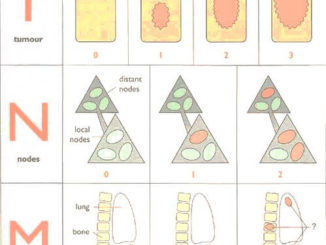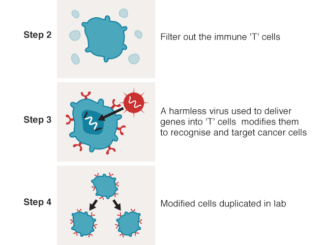
Recent advances in treating cancer patients have resulted in the development of biological therapies that can prove to be a promising alternative to conventional cancer therapies. Immunotherapy harnesses the body’s immune system to identify and fight effectively against cancer cells.
Immunotherapy works by attacking the growth of cancer cells or stimulating the immune system to kill cancer cells. Contradictory to the standard cancer treatment regimes such as chemotherapy, radiation therapy, which act on both normal and cancerous cells, immuno-therapeutic treatments are highly specific. A wide range of cancer immuno-therapy approaches exists such as immune checkpoint blockers, cancer vaccines, immune-modulators, monoclonal antibodies and cell based immuno-therapies have demonstrated to be effective against cancer patients.
The most commonly targeted form of cancer chemotherapy is the use of monoclonal antibodies as they can be tailor-made in the laboratory. They have unique antigen specificity thereby allowing themselves to attach to specific epitopes on cancer cells. This flags the cancer cells and makes it more visible to the immune system so that it can find and destroy those cells. Currently, most of the monoclonal antibodies are undergoing phase 3 clinical trials or awaiting FDA review process. Unlike monoclonal antibodies, non-specific immuno-therapy approaches such as administration of immuno-modulatory cytokines are also being used to treat melanoma. Cytokines are hormones that are endogenously produced by the body to enhance or suppress T-cell response against cancer cells. IFN-α and IL-2 are most commonly characterized cytokines used in cancer immuno-therapy.
The primary cell-based immuno-therapy strategy which is successful these days is the use of T-cell therapy, wherein cancer T cells removed from blood are modified with chimeric antigen receptor (CAR) and is then infused back into the patients to treat metastatic cancer. Another form of cell-based immuno-therapy used is tumor-infiltrating lymphocytes (TIL) therapy, wherein TIL is surgically removed from tumor tissue and is considerably increased in the laboratory by adding cytokines to it and is then re-infused back into the patient.
A promising treatment that has emerged in recent times for treatment of melanoma is the use of immune checkpoint inhibitors. They act by inhibiting the checkpoint receptors on T cells that act as brakes to the immune system thereby mediating anti-tumor responses. Some of the commonly used antibody inhibitors that have been commercialized are PD-1, PDL-1, and CTLA-4. Another more focused approach to cancer immuno-therapy is the use of vaccines to encourage the immune system to generate antibodies that can target tumor specific antigens, thereby eradicating cancerous cells. Cancer vaccines include peptide-based, dendritic cell-based, tumor cell-based and DNA cell based. Cancer vaccines can be broadly classified as preventive or therapeutic. Preventive vaccines are commercially available for against cervical and liver cancer causing viruses such as human Papillomavirus and Hepatitis B virus, respectively.
However, in spite of these advances, limitation such as tumor heterogeneity, unpredictable efficacy and identification of potential markers still exist in the field of cancer immuno-therapy. Therefore, new more targeted cancer immuno-therapies and preventive strategies are being developed and tested, which will deliver novel efficacious therapy against relapsed or refractory cancer patients.
Proudly WWW.PONIREVO.COM



